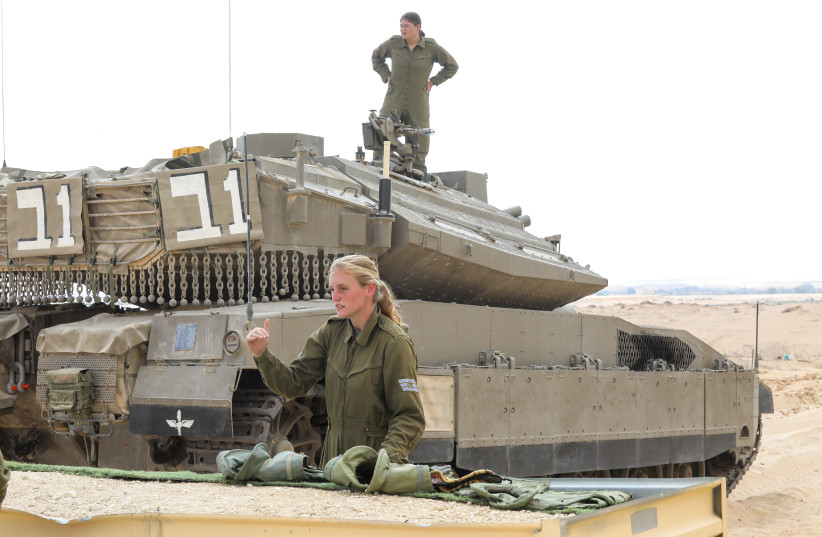International Women's Day is intended to mark the social, economic, and political achievements of women all over the world, an issue that could fuel discussion throughout the entire year. However, on this day, it’s not enough to simply celebrate.
We must also ask ourselves – what else must be done in order to promote equality for women? This year, the overarching theme of International Women's Day is: "Embrace Equity,” meaning, it isn’t just a matter of equality for women, but rather, about a just distribution of resources, thereby allowing them to reach their full potential.
Although historically speaking, women in the Zionist movement encountered considerable obstacles and open discrimination on the part of the largely male leadership of the movement, they nevertheless insisted on taking an active part in the Zionist enterprise and recorded many achievements.
Their contributions in the fields of education, health, resource mobilization, and social activism, with the help of women's organizations such as WIZO, Naamat, Hadassah, and Emunah, laid the foundations for the Jewish state alongside the pursuit of equality. Together with the Israel Women’s Network and other organizations, they managed to gradually bring about a number of far-reaching policy changes in this area.
75 years later, Israel must continue to celebrate the achievements of women

Indeed, as Israel marks its 75th birthday, it is impossible not to observe with awe the achievements of these women. But if we look at the situation of women in the Jewish world today, there is no escaping the question of whether or not we have actually achieved a just distribution of resources.
We haven’t! For example, women are still largely underrepresented in most of the institutions of the Zionist movement (30%), though I should note that this year there has been some positive change, with Ifat Ovadia Loski and myself being appointed to key positions in Keren Kayemet and the World Zionist Organization, respectively.
What then, continues to prevent a more just distribution of resources that would bring about greater equity for to women? In my opinion, the main obstacle lies in the severe lack of adequate childcare, for the benefit of women (and their families) who wish to join and excel in the workforce. One of the main promises in the last election campaign was free education from birth to the age of three. But regrettably, the issue has not been raised since then and is conspicuously absent from the recently passed budget.
To be sure, a significant quantitative and qualitative investment in early childhood daycare is an essential condition for a more just distribution of resources, which will allow women to increase their participation in the workforce, reduce the gender wage gap and even improve the quality of early childhood care.
As more and more women enter senior positions, it is incumbent upon us to remove one of the main obstacles to the creation of a more equal society, a society in which women who have chosen to be mothers can still excel and truly realize their potential.
Tova Dorfman is the President of the World Zionist Organization.
